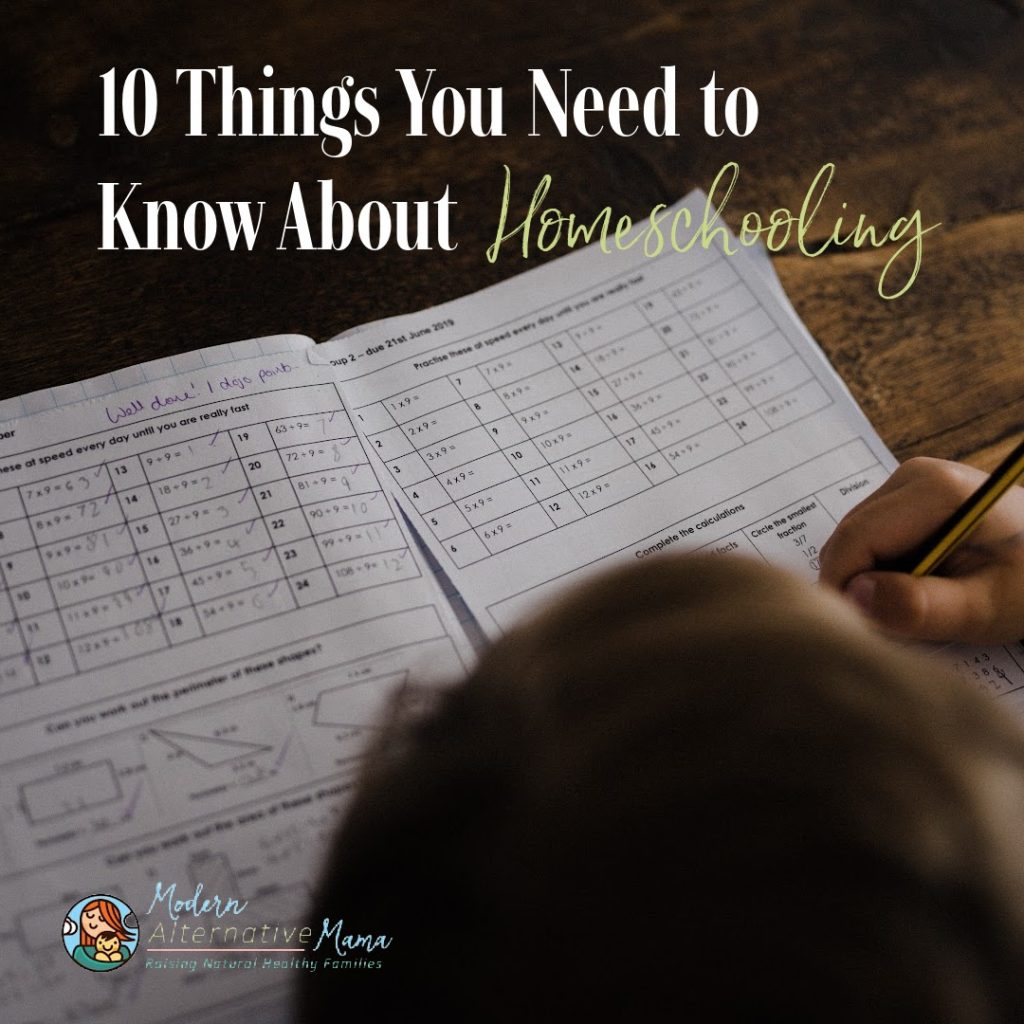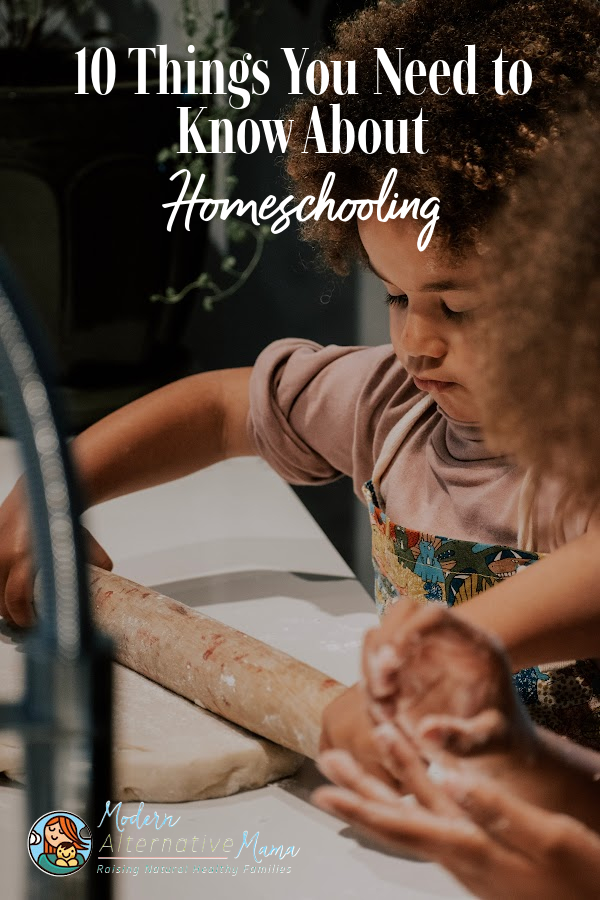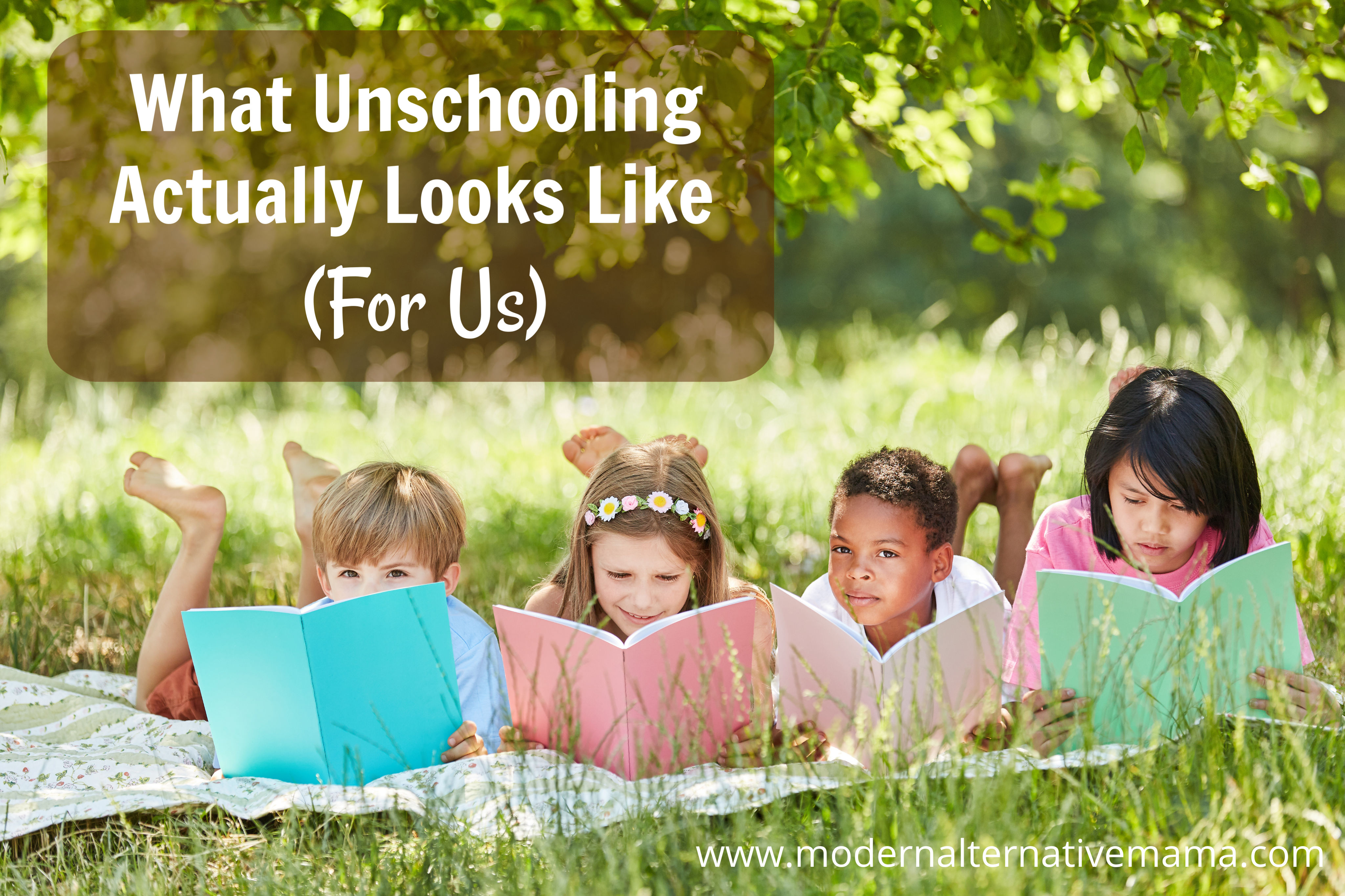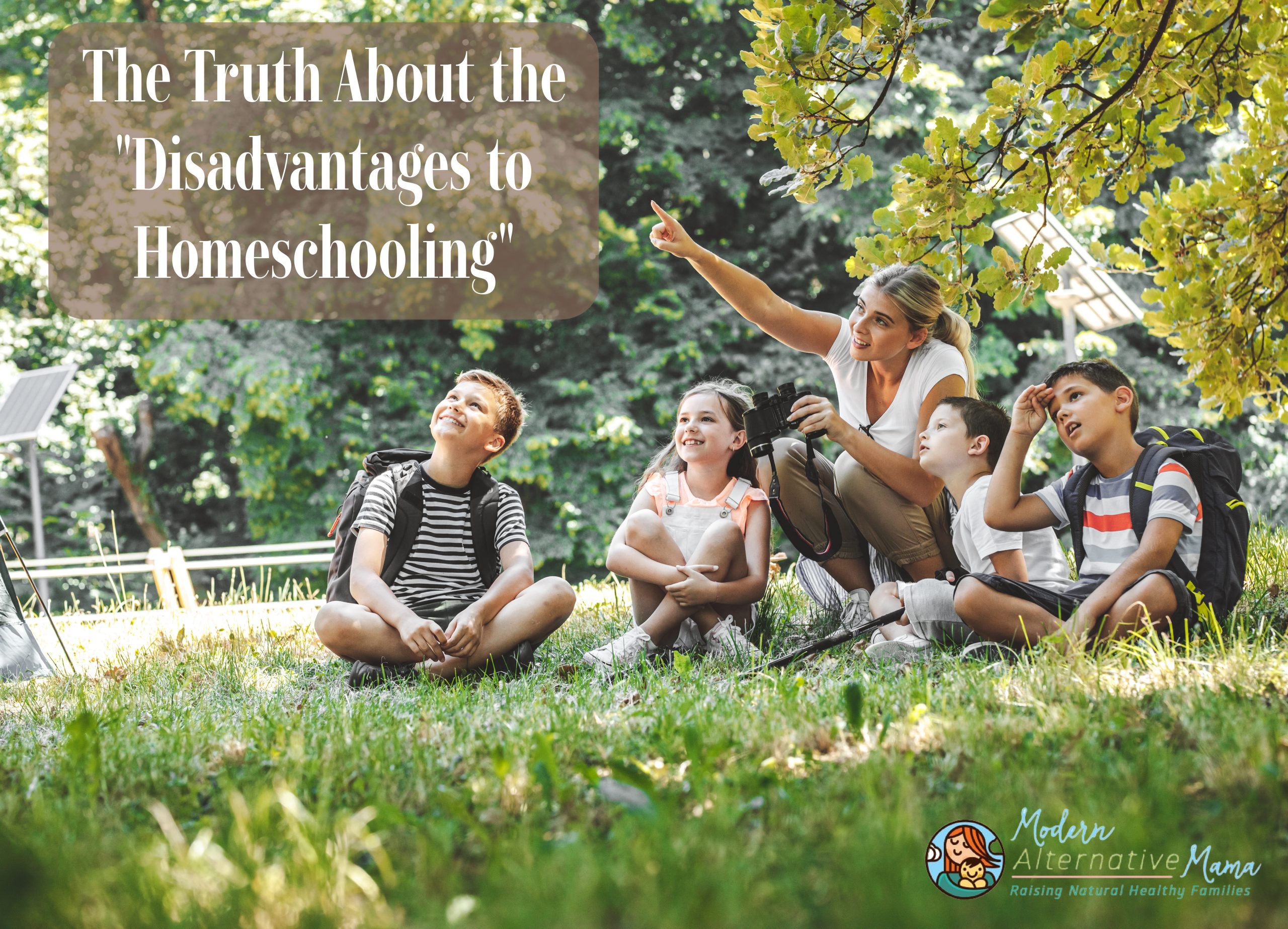By Danielle, contributing writer
Looking from the outside in, homeschooling looks scary. It’s a lot of responsibility, and how do you know your child is learning what they need to? Isn’t that best left to an educated “expert?”
Studies say no. Homeschoolers across the board rank better in standardized tests, and career success. You may be concerned more about your child’s social opportunities than their test scores. Most homeschooled children have a more diverse set of social skills for several reasons.
So, you are considering homeschooling but don’t know where to start. Here are 10 things you need to know about homeschooling to get you started.
#1: It does not have to look like school
You don’t need a desk, a hall pass, a bell, or a ruler. You don’t need to have a setup that looks like a school, and you do not need to run like a school. Public schools are set up to educate as many students as possible to a minimum level – not a few students intensively to a maximum level. If your children have been in public school, spend a few weeks decompressing them from school is best.Your student won’t regress from 1-3 weeks off of school. This helps them start on a surer footing with homeschooling and decompress from the rigid demands of public school.
#2: Look into your state laws
Every state has different laws regarding homeschool requirements, although homeschooling is legal in every state. The best places to look for your state’s requirements are the state school board association (call their office or go online) and Home School Legal Defense Association (HSLDA). HSLDA has representatives over each state, ensuring that the homeschool laws are as open as possible and can give you a rundown of the laws which apply to you. If you are a member (currently $120 per year), they also can help if you run into legal trouble because of homeschooling with the school district or state. Be sure to know exactly what you do – and don’t – need to be doing before you begin.
#3: Tap into your community resources
You will be surprised how many things are open during the day while everyone else is at work or school. Your local library, local businesses, play places, and so much more have open hours and classes during the day, many specifically for homeschoolers. Your child will not lack social opportunities and will engage in hands-on fun learning.
#4: Join a coop
Homeschool “coops,” or cooperatives, are groups of homeschooling families set up like a school. Some offer specific classes; some are less organized and are more like playdate meetups. Chances are there is more than one in your area. Try them out, and join one for ongoing support.
#5: You (probably) don’t need a curriculum, but they are super easy to find and use
There are so many curriculum options, I would need 10 posts to cover them all. From unschooling (using daily life as school) to student-led learning, to Waldorf or Montesorri, to Classical Conversations. There is a curriculum for every style. There are also online schools that take a lot of the guesswork out for you. Easy Peasy All-In-One Homeschool is a great beginner, free curriculum for every grade level.
#6: It’s okay to use other schooling alternatives, and change your mind
Sometimes the situations of life change, and you need to return to public or private school – that’s okay. It’s also okay to look into part-time public schooling or look for a tutor or other enrichment classes. Public schools may also offer online classes. The truth is that you need a village to raise your child, and more diversity is better. A local sports center or art academy may offer wonderful classes. Look around and develop the schedule that is right for you. If not, that’s okay too.
#7: Remember, life is also school
Adding up the total plus tax for groceries. Cooking. Planting a garden. Cleaning. Planning a trip. Getting gas. Daily life is what you prepare your children for, and you can add in math or language lessons best when applied to real, useful situations. Homeschool allows you to connect what your child is learning with practical tasks, which is very rewarding.
#8: Chill out about the social skills
A classroom full of small children with one adult is not necessarily an accurate depiction of everyday life. Your little ones will need to communicate well with all ages once they are out of school in their chosen career and daily life. Homeschoolers get the opportunity to socialize with other ages as well as adults in many different settings.
#9: Every child is different
You’re a parent – you already know that. One of your children may love bookwork. One child may need hands-on play. With homeschooling, you can go with the flow and meet your child’s educational needs – not the other way around. So, don’t be upset if the first method you try doesn’t work. Try something else – or hey, ask your child what they enjoy or how they want to learn something. They will know!
#10: There will be ups and downs, but you will never regret choosing your children
As I noted in #1, there is normally a transition period that is hard for the child and the parent. Take everything in stride, and remember that one day off will not hurt anyone. Being a parent, there is a lot we sacrifice. But, it also goes so quickly, and you will not regret pushing back that job, college degree, or time for yourself. That being said, be sure to practice self-care and balance your workload. Homeschooling is by no means a walk in the park. But, it’s a journey well worth the effort.
I hope this encourages you to give homeschooling a try. Though not easy, educating your children at home is one of the most rewarding choices you may ever make – and your children will surely thank you for it.








Thank for this article! I especially like #8. Homeschooling mom to 3 (ages 9, 6, and 3), absolutely wonderful children 🙂
I have been asked many times how my children are going to get “socialization,” and my response now is laughter (because it’s such a silly question, really) and then I explain to them how well the children communicate and interact with people of ALL ages because that is what their life experience has been thus far.
Each of my kids play very well with older and younger children as well as kids with disabilities, etc. They haven’t been “taught” what a friend should look like or be like so EVERYONE is a friend and that makes my heart sooooo happy!